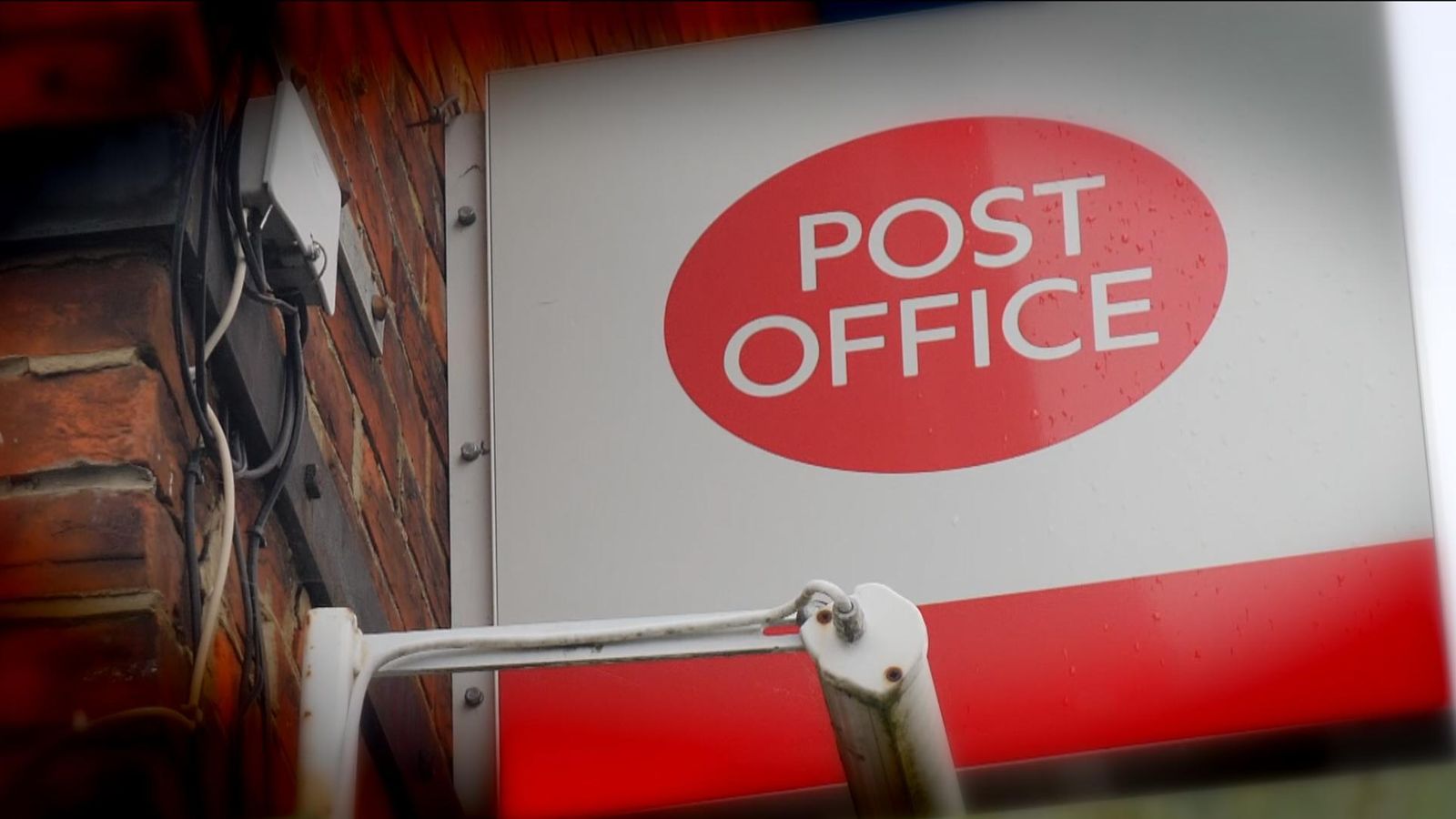The Post Office Horizon Scandal: A Call for Justice and Reform
The Post Office Horizon scandal stands as one of the most significant miscarriages of justice in British history, affecting over 700 sub-postmasters who were wrongfully accused of theft, fraud, and false accounting due to the faulty Horizon IT system. As the fallout continues, the recent announcement of a new appeals process has sparked both hope and frustration among victims, particularly Chris Head, a prominent advocate for those affected.
The Background of the Scandal
Between 1999 and 2015, the Horizon accounting system, developed by Fujitsu, was implemented across Post Office branches. However, the software was plagued with errors that falsely indicated financial shortfalls, leading to the wrongful prosecution of sub-postmasters. Many of these individuals faced criminal charges, lost their livelihoods, and suffered irreparable damage to their reputations and mental health.
In recent years, efforts have been made to rectify these injustices. The establishment of the Horizon Shortfall Scheme (HSS) aimed to provide compensation to those who were not part of the Group Litigation Order scheme or who had not been convicted. However, critics argue that the compensation process has been inadequate and slow.
The New Appeals Process: A Double-Edged Sword
Business Secretary Jonathan Reynolds recently announced plans for a new appeals process, which he stated would apply only to claimants in the HSS who possess "new information." While this announcement was met with some optimism, Chris Head, once the youngest sub-postmaster in the UK, voiced significant concerns.
Head welcomed the idea of an appeals mechanism but criticized its restrictive nature. He argued that limiting the process to those with new evidence is "unacceptable," as many victims have already been materially disadvantaged by a lack of legal advice and interim payments that were only introduced in November 2022. He emphasized that the appeals process should be accessible to all who have settled claims since the scheme’s inception in 2020, ensuring that they receive proper compensation reflective of their pre-scandal circumstances.
The Need for Speed and Independence
Another point of contention raised by Head is the timeline for implementing the new appeals process. Reynolds indicated that it would be rolled out in a "matter of months," but Head believes this timeframe is overly lengthy. He argued that the process could be expedited, drawing on the lessons learned from other schemes operated by the Department for Business and Trade.
Moreover, Head advocates for an independent body to oversee the appeals process, rather than having it managed internally by the Post Office and the Department for Business. He contends that the government, as the sole shareholder of the Post Office, has a vested interest in the scandal and should not be the sole arbiter of justice for the victims.
Financial Compensation: Progress and Challenges
As of now, approximately £289 million has been paid to over 2,800 claimants across various compensation schemes. However, the compensation process remains fraught with challenges. Many claimants have expressed frustration over the lack of specialist knowledge regarding tax implications and the complexities of the claims process.
Reynolds reported that over 1,350 claimants who previously settled below the £75,000 threshold have been offered top-ups to reach that amount. While this is a step in the right direction, many victims feel that the compensation offered does not adequately reflect the financial and emotional toll of the scandal.
The Road Ahead: A Public Inquiry
As the public inquiry into the Horizon scandal resumes later this month, there is a renewed focus on accountability and reform. The inquiry aims to uncover how such a significant miscarriage of justice could occur and to ensure that similar failures do not happen in the future.
The voices of victims like Chris Head are crucial in this process. Their experiences highlight the urgent need for a fair and transparent compensation system, as well as the importance of independent oversight in addressing the grievances of those affected by the scandal.
Conclusion
The Post Office Horizon scandal is a stark reminder of the potential consequences of technological failures and institutional negligence. As the government moves forward with plans for a new appeals process, it is essential that the voices of victims are heard and that their calls for justice are met with meaningful action. The path to reconciliation and compensation may be long, but with continued advocacy and public scrutiny, there is hope for a resolution that honors the dignity and suffering of those wronged.
